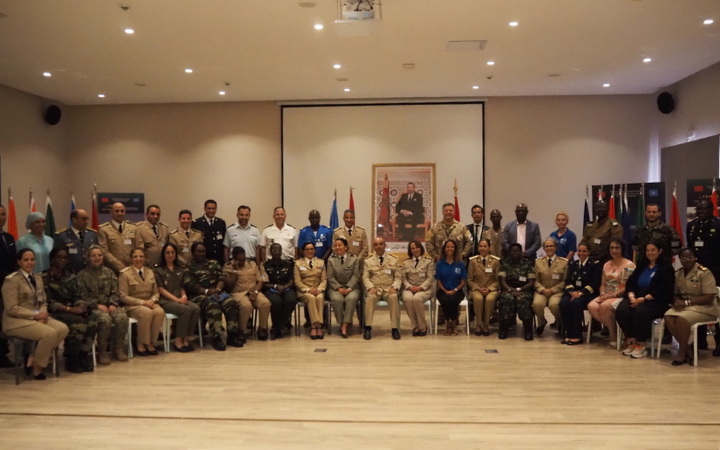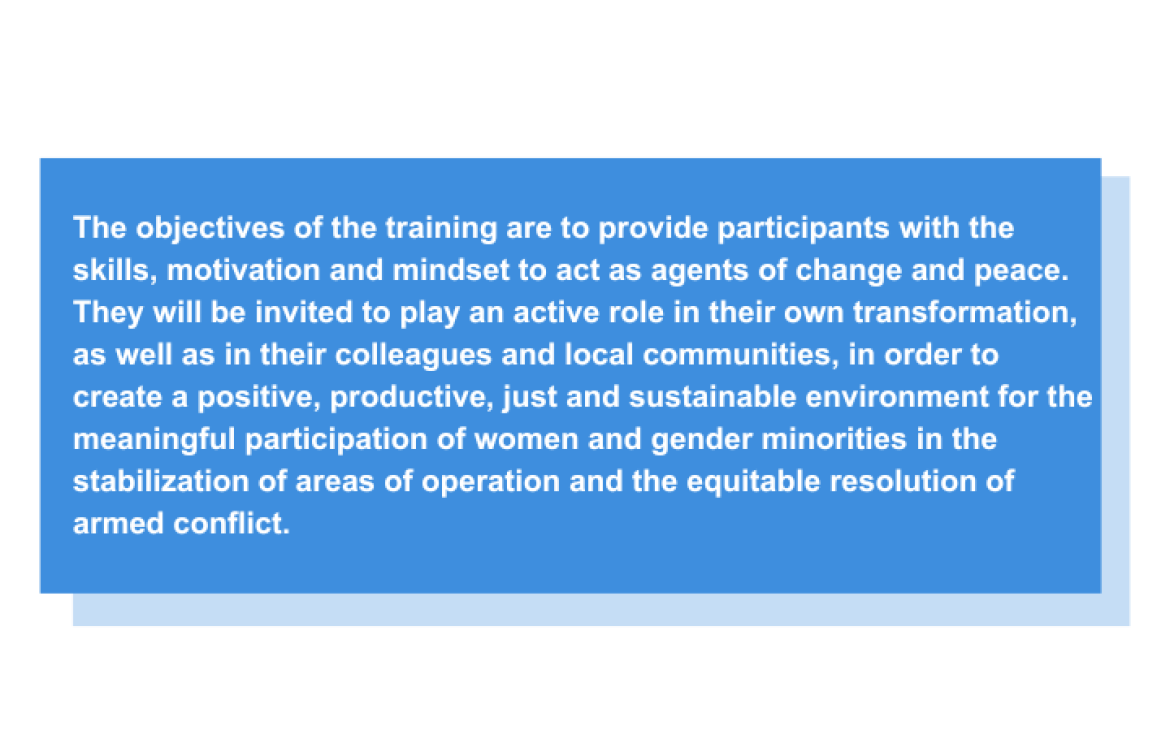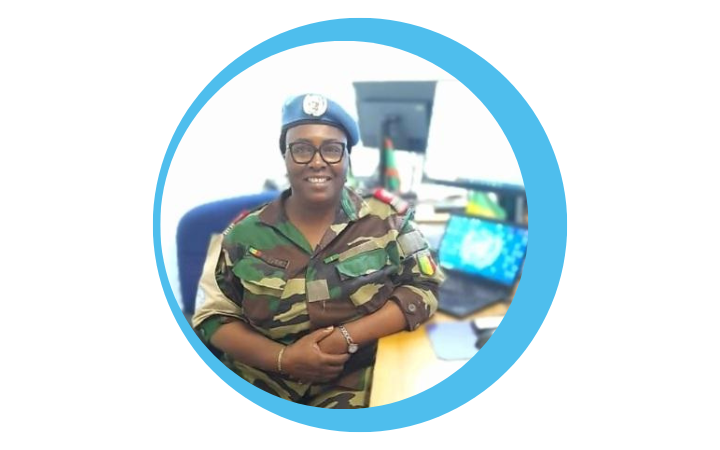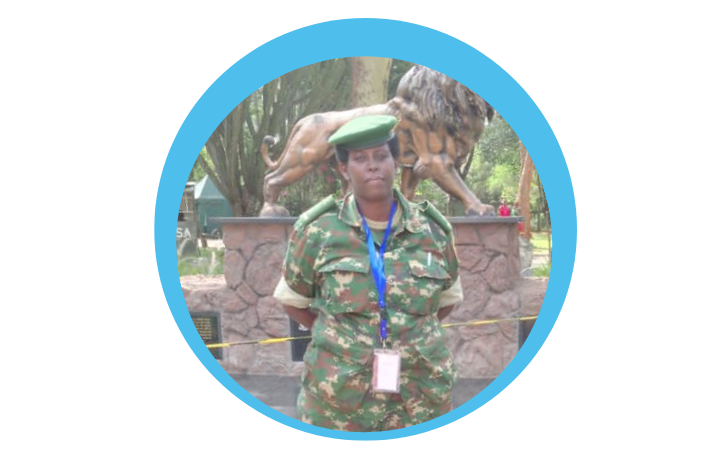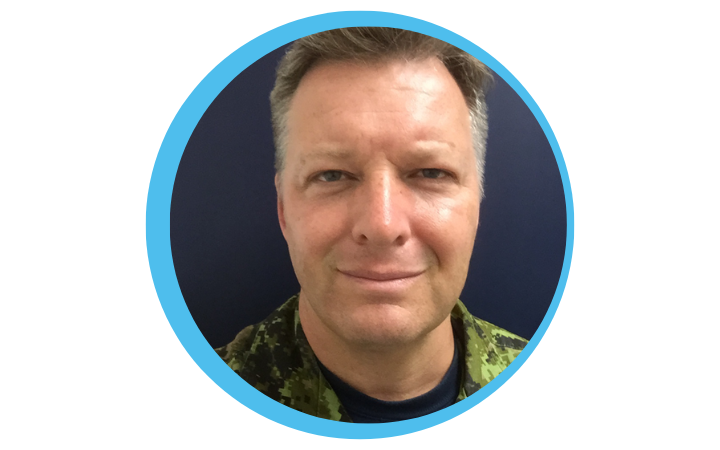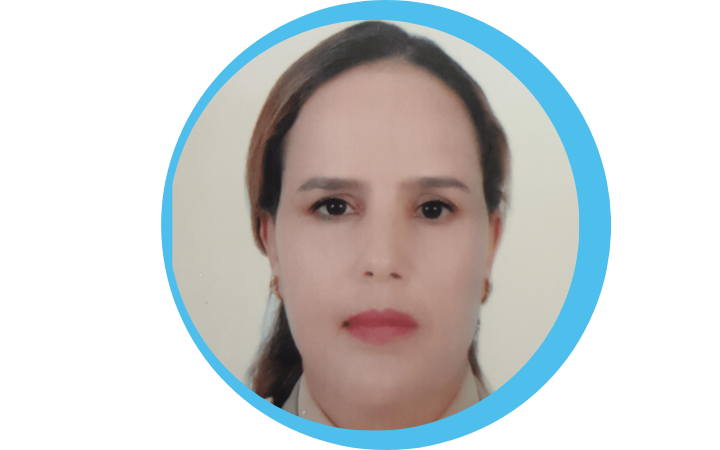The United Nations Department of Peace Operations (DPO), the United Nations Institute for Training and Research (UNITAR), France and the Organisation Internationale de la Francophonie (OIF) are committed to the promotion of gender equality and the protection of everyone, particularly in the context of peace operations.
In order for UN peace operations to best integrate a gender perspective in the implementation of their mandates, DPO and UNITAR, with the support of France and OIF, launched in November 2021 the first UN online introductory training course dedicated to military gender advisors (MGAs) and military gender focal points (MGFPs) within peace operations. This course has already trained over 760 participants.
Its second phase, which will deepen the knowledge acquired at the practical and operational levels, was launched on June 6 with the organization of the first validation workshop for MGAs, which is held in Marrakech,Morocco, until June 17, 2022.
The workshop brings together about 20 participants from member states and UN peacekeeping missions. The workshop aims to provide knowledge, skills, attitudes and tools for aspiring military advisors to integrate a gender perspective in the implementation of peace operations mandates. The expertise and feedback of participants will contribute to the refinement of the course and its validation. The course will be available in its final version in 2023.
Testimonies from the validation workshop participants
The training gave the participants the motivation, understanding and skills necessary to become a source of change, working for a better integration of the gender perspective in their environment. A few months after the training, the participants shared that they feel sufficiently equipped to take on the role of military gender advisor and have taken several concrete actions to raise awareness of gender issues in their environment. Here are a few testimonials highlighting the impact of the training on the participants' professional lives, as well as the initiatives that the training inspired in them:
" I think it was a high-level training [...] that equipped me with the tools I needed. I got a lot of answers [to my questions] because I came to the workshop with a lot of expectations, and a lot of questions and the training helped me a lot. [...] My objectives are clearer now. This training also allowed me to feel more convincing and in better control of my arguments. It allowed me to be more patient, to have a more open mind and to be able to understand how I can get my colleagues and the commander to consider gender issues in terms of added value and necessity.
Since my return from the training I have made three major changes in my work team, the JTFB sector at MINUSCA. First, I ensured the integration of gender consideration in the operational orders "we must have mixed teams when we do patrols, it is written and notified" in the OPORDER [operation order]. Secondly, I have developed gender items for the Operation Readiness Assessment (ORA) that will need to be validated and officially integrated. These items explain the tasks of the gender advisor in relation to the other branches and aim to ensure that they integrate a gender dimension in the assessment of ORAs and in maintaining their proactivity and operationality. Finally, I ensure that all units collect disaggregated data and are aware of the usefulness of this data for the success of our mission."
Lieutenant Colonel Tabara Sylla - Military Gender Advisor for the Joint Task Force of Bangui (JTFB) of the United Nations Multidimensional Integrated Stabilization Mission in the Central African Republic (MINUSCA)
My participation in the Military Gender Advisor (MGA) training "has allowed me to gain knowledge of great use in my daily work as the head of the Gender Office. It allows me to bring added value in the integration of the gender perspective at the operational and tactical levels.”
“Since my return from the training I have made decision-makers understand the need to increase the rate of women's participation in decision-making bodies but also [...] that we must be agents of change."
Major Claudine Murekerisoni - Head of the Gender Office of the Burundian National Defense Force
"Initially, I was only collecting information and collaborating with the field engagement teams and the Military Gender Focal Points (MGFPs). When I came back from the training, I was now able to prepare child protection and sexual violence reports, analyse, disaggregate and exploit the data sent to me by the gender department, write memos, build a network of collaboration between the civilian divisions and the military gender advisor (MGA) and strengthen the exchange of information with the MGFPs. The training allowed me to learn the working framework of the MGA, the tasks assigned to this role, how to organise my work, and the objectives of the MGA so that I can in turn become a MGA."
Capitain Latifa Guerbazi - Gender and Child Protection Assistant Officer for the Force Headquarter of the United Nations Stabilisation Mission in the Democratic Republic of Congo (MONUSCO)


